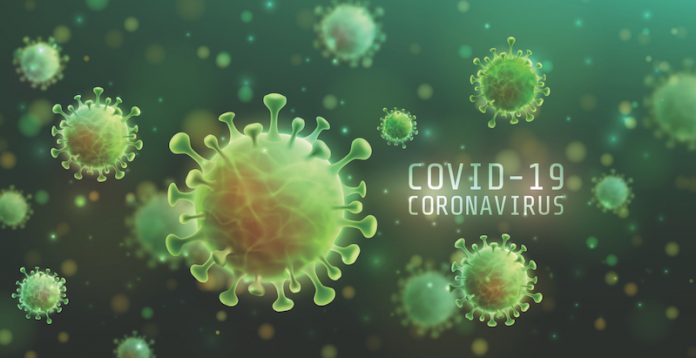By Nancy L. Sasaki
If 2020 has taught us anything, it’s that our most marginalized communities are not included in the American Dream. The public health and economic crisis brought on by COVID-19, combined with the social justice movement sparked the George Floyd tragedy, have illuminated this truth. This past year, San Diego children whose families were already struggling have faced unprecedented challenges and have fallen further behind as the pandemic continues to impact their lives.
It is a known fact that, in order for children to succeed across the education continuum, their basic needs – such as food on the table and a roof over their heads – must be met. United Way of San Diego County (UWSD) brings together community partners so together we can identify barriers to learning and align the solutions to ensure that every student has the opportunity to thrive – regardless of race, ethnicity, income, or zip code.
It’s not just the digital divide, or unequal access to distance learning technology, keeping kids behind either. In San Diego County, many entrenched systemic barriers have led to racial and economic inequities keeping many families in poverty. Family stability plays a critical role in early childhood development, while adverse childhood experiences (ACEs) such as long-term parental unemployment cripple their ability to learn and succeed emotionally, socially, and academically.
Some sobering statistics that illustrate the gaps created by these disparities:
80% of White and Asian third graders read at grade level, but only 50% of their Brown and Black classmates do.
Nearly 24,000 students in grades K-12 live in households that are doubled up with family or friends because they are unable to maintain housing on their own. This can be uncomfortable, make it difficult to learn, and can impact education success. It’s not just about a child not reading at grade level. Students are facing challenges like this and if there’s instability in the household it can impact a child’s ability to learn and thrive.
Black and Hispanic students are twice as likely as white students to have received no live contact with teachers while learning remotely.
Students on average could lose five to nine months of learning by the end of June 2021; students of color could be six to 12 months behind, compared with four to eight months for white students.
Thirty-one percent of San Diegans are food insecure. When families don’t have access to food, that becomes their first priority and daily stressor, making it difficult to focus on other important tasks like finding a job or getting their kids to school. If parents or guardians don’t know where their next meal is coming from, this can also significantly impact a student’s education success.
These data points are evidence that today’s pandemic has a vastly disproportionate impact on our Black and Brown kids. For the past 100 years, UWSD has been committed to ensuring every child, young adult, and family has the chance to succeed. But for this to happen, it’s clear we must harness every resource available to rebuild the systems that have kept so many kids behind.
That’s why we’ve adopted a new strategy for improving San Diego’s future, “Mind the Gap: EDICT 2030.” EDICT stands for “Ending Disparities In Communities not Thriving.” At UWSD, our “superpower” is bringing together partners, leveraging their expertise, and using data to find the best ways to support early childhood success and family stability. However, we need our community’s help to make this vision a reality. Some ways you can help us end systemic inequity include:
Volunteer your time. From packing hygiene kids for families in need to reading virtually to kids, there are so many ways to get involved safely.
Get your company involved. Become a corporate partner, and harness the power of many employees giving time, talent, and treasure to improving their community.
Donate. All donations of money are 100% tax deductible and go toward efforts that help children from cradle to career.
As our country works to recover from the pandemic, we must also reimagine our future, and partner to rebuild our communities in ways that ensure a more just and equitable society where all children have the chance to thrive and succeed. EDICT 2030 is a vision of what could be, and we are all going to have to work together to achieve it.
Nancy L. Sasaki is the president and CEO of United Way of San Diego County. She is a proven changemaker focused on the immense and complex social challenges within the San Diego region and works to build a positive future for children, young adults, and families experiencing inequities. Learn more about United Way of San Diego County’s work at uwsd.org.














